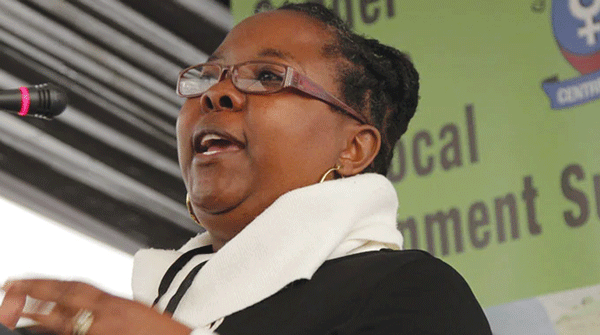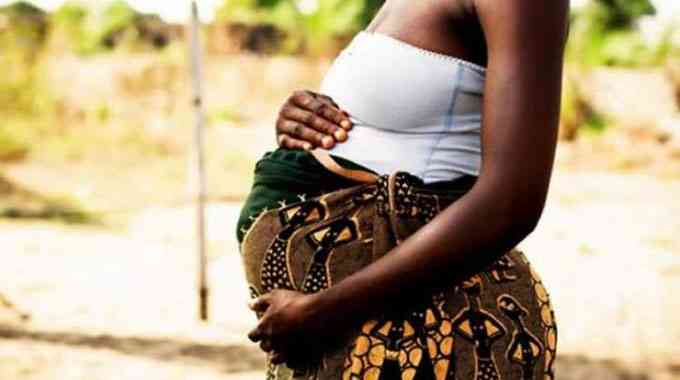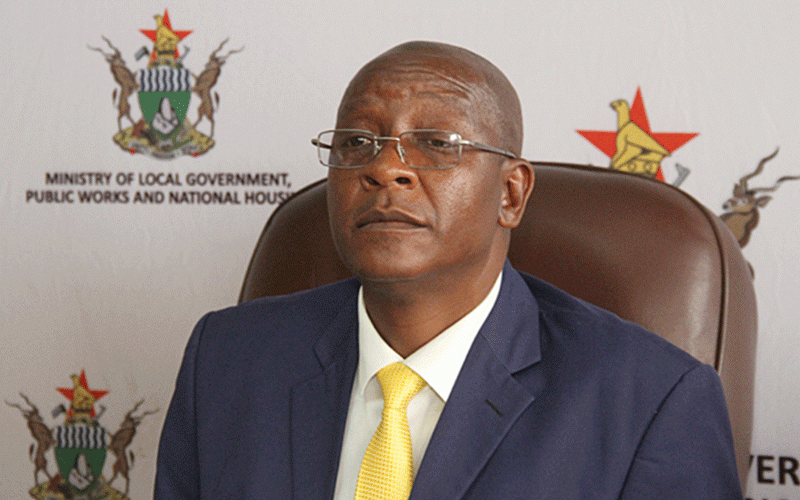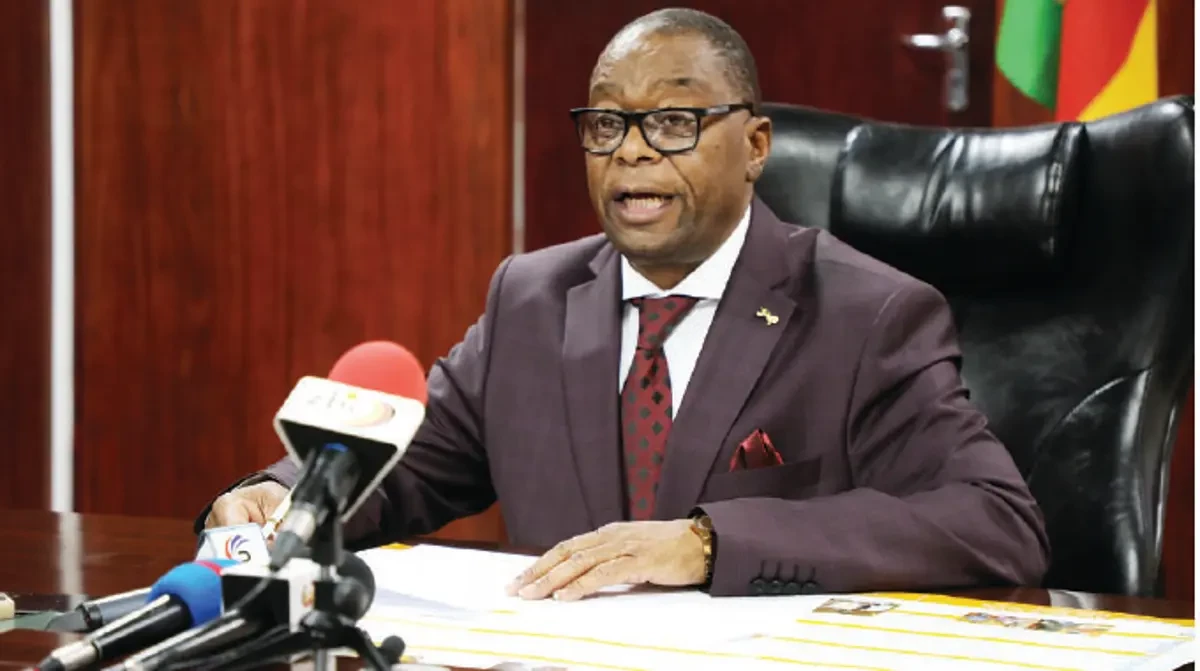
BY MARGARET CHINOWAITA
WITH the lockdown bringing in a new normal characterised by restrictive measures to mitigate the spread of the COVID-19 pandemic, life has not been made easy, particularly for women.
Access to basic health and justice has been stretched, with only a few women able to get to lifesaving centres.
Heart-breaking stories have been a testimony to hardships endured by women as the pandemic continues to decimate communities.
The Zimbabwe Gender Commission (ZGC) has received cases of several women who suffered sexual, reproductive and maternal health rights abuse during the COVID-19 period stretching from March 2020 to date.
ZGC chief executive officer Virginia Muwanigwa, confirmed receiving a number of cases of abuse of women during the noted time.
“Yes, we received cases of abuse of women at the health centres,” Muwanigwa said.
“In some of the cases, investigations have been undertaken and recommendations will be made to the responsible authorities. Communication has also been made with the Health and Child Care ministry requesting them to look into the issues as the key responsible authority.
- Chamisa under fire over US$120K donation
- Mavhunga puts DeMbare into Chibuku quarterfinals
- Pension funds bet on Cabora Bassa oilfields
- Councils defy govt fire tender directive
Keep Reading
“Recommendations for prosecution of cases involving criminal abuse will be made. However, not all the cases have been concluded due to the COVID-19 travel restrictions.”
The kind of abuses reported included intimate partner violence, sexual abuse, sexual harassment, harmful religious practices; maternal health rights violations, land disputes and property sharing.
The ZGC is an independent constitutional commission brought into existence through the 2013 Constitution. Its major duties are to monitor issues concerning gender equality; investigate possible violations of rights relating to gender and to receive and consider complaints from the public.
“The commission receives various cases that require different remedies. There is no one size fits all solution. Each case is dealt with separately and with due consideration being made to the circumstances,” Muwanigwa said.
Ekenia Chifamba, founding director of Shamwari yeMwanasikana, a community-based civic group that seeks to promote the rights and empowerment of the girl child in the home, school and community had this to say: “Three in five young women are being delayed access to maternal health and even sent away from health facilities due to different reasons which include; lack of maternal facilities in local clinics and lack of medical personnel.
“According to the National Library of Medicine, there is 28% and 32% respectively of rural and urban maternal deaths caused due to delay in seeking treatment. According to Unicef, maternal mortality remains high at 651 per 100 000 and 69 per 1000 live birth respectively. About 14 000 neonates die every year, mainly from preventable causes.”
Chifamba added: “The ignorance and fear of contracting COVID-19 virus by some health personnel is contributing towards an increase in the number of still births, miscarriages and even death of the pregnant mothers.”
Women in most urban and rural areas in Zimbabwe rely on public maternal health care facilities, offering minimum services of medication, personal and infrastructure. Mothers are referred to a government hospital after facing complications.
Cash is required to enable one to travel to seek maternal care, posing a challenge during the lockdown meant to halt the spread of COVID-19. Zimbabwe has witnessed an increase in unsafe backyard abortions prohibited under the outdated laws governing the termination of pregnancy.
“One can relate the increase in unsafe abortions to be a contributing factor to high maternal deaths during the COVID-19 period,” Chifamba said.
A plethora of problems face a mother who has just given birth. An increase in post-partum depression in young mothers lacking proper support was also recorded. Travel restrictions and medication stock-outs have also increased, thus affecting maternal health care facility operations.
Chifamba noted an increase in the number of deaths due to suicide and abuse related deaths. Some of the deaths are avoidable.
However, a number of local organisations representing women have come up with reports on the effects of COVID-19 on women.
Women and Law in Southern Africa (WLSA) produced a consolidated report on maternal health rights and sexual reproductive rights in Bulawayo, Beitbridge, Mutare (rural and urban), Murehwa and Harare. The report covered the period from March 2020 to February 2021.
In the report, in Harare, a woman gave birth with a mask on because nurses feared being infected with COVID-19.
Another woman gave birth in a car, while another was assisted by an untrained apostolic church lady. The women had been turned away from a Highfield clinic because it was only focussing on COVID-19 emergencies.
The women were not physically checked and some gave birth on the road in the open before reaching home. In Murehwa, a woman lost her infant after doctors attended to her late.
In Mbare, Harare, a woman was reportedly turned away only to give birth by the gate. The helpless woman was shown on social media groaning by the gate, and in no time, delivered a baby in the open with citizens filming the delivery.
Out of more than 20 polyclinics under Harare City Council, eight were open during the height of COVID-19. The WLSA report said human capital resources had allegedly moved employees to centres most affected by COVID-19.
Health workers withdrew services due to a lack of personal protective equipment.
WLSA lawyer and women rights advocate, Nomathemba Ndlovu said the assessment, done from March 2020 to February 2021, identified and documented the different needs, roles, experiences, vulnerabilities, gender and inclusion barriers that influence vulnerabilities and capacities for women and girls in all their access to sexual and reproductive health and maternal rights.
“WLSA filed a strategic litigation with the court seeking a declaratory order. The matter is still pending before the court. At a meeting held with parliamentarians, we managed to make a pledge on supporting policies and initiatives that support health system. In Zimbabwe we work in 16 districts,” Ndlovu said.
WLSA has developed working relations with the courts and police Victim Friendly Unit, department which make its referral protocols stronger.
“We managed to raise awareness in women and we were able to engage with the different local clinic sisters in charge on their issues and thereafter monitor the health facilities on the services,” Ndlovu said.
The funding source of the work produced here was made possible by WAN-IFRA Women in News Social Impact Reporting Initiative. We recognise that the content produced reflects the author’s views and not those of the funder.
- Follow us on Twitter @NewsDayZimbabwe











